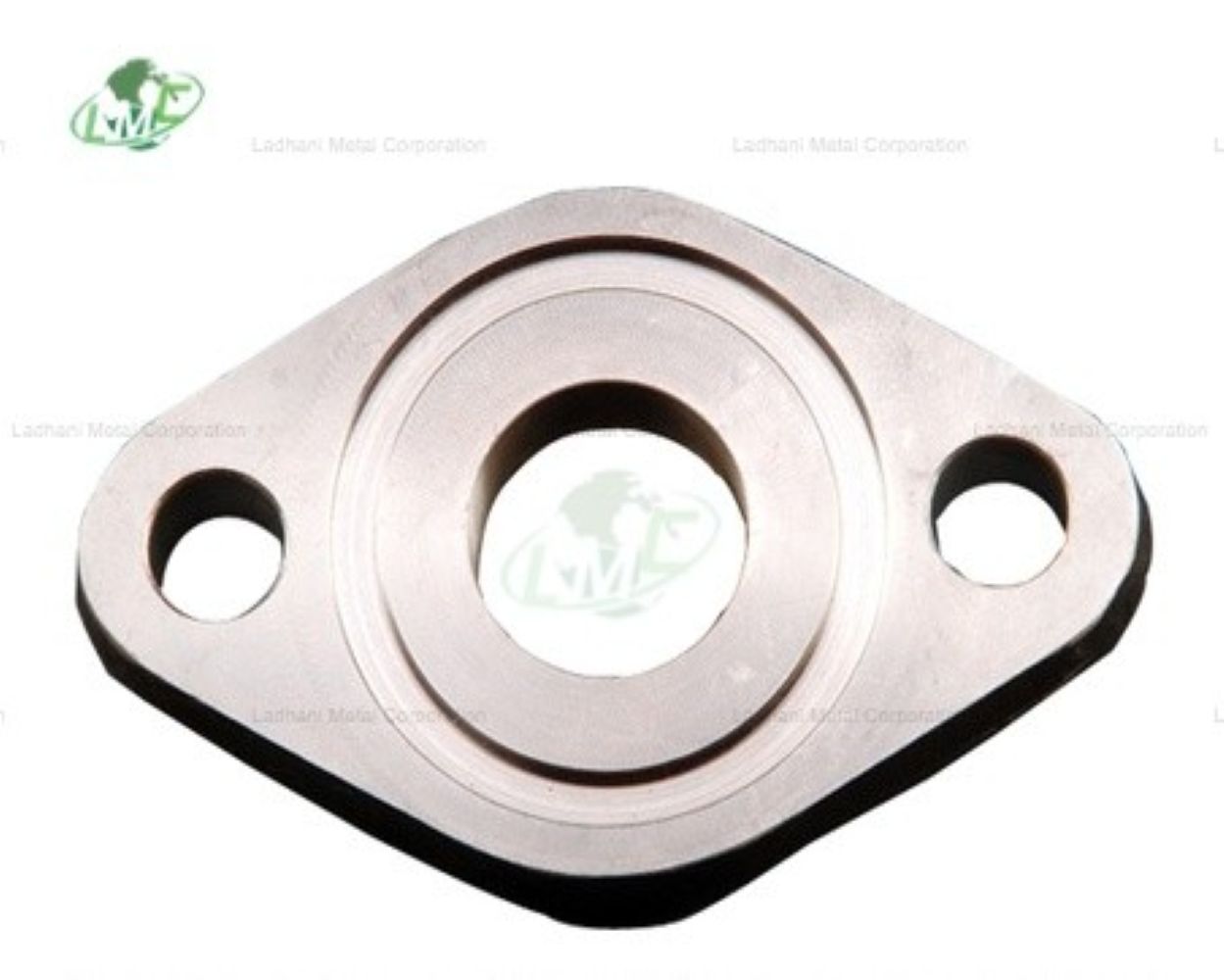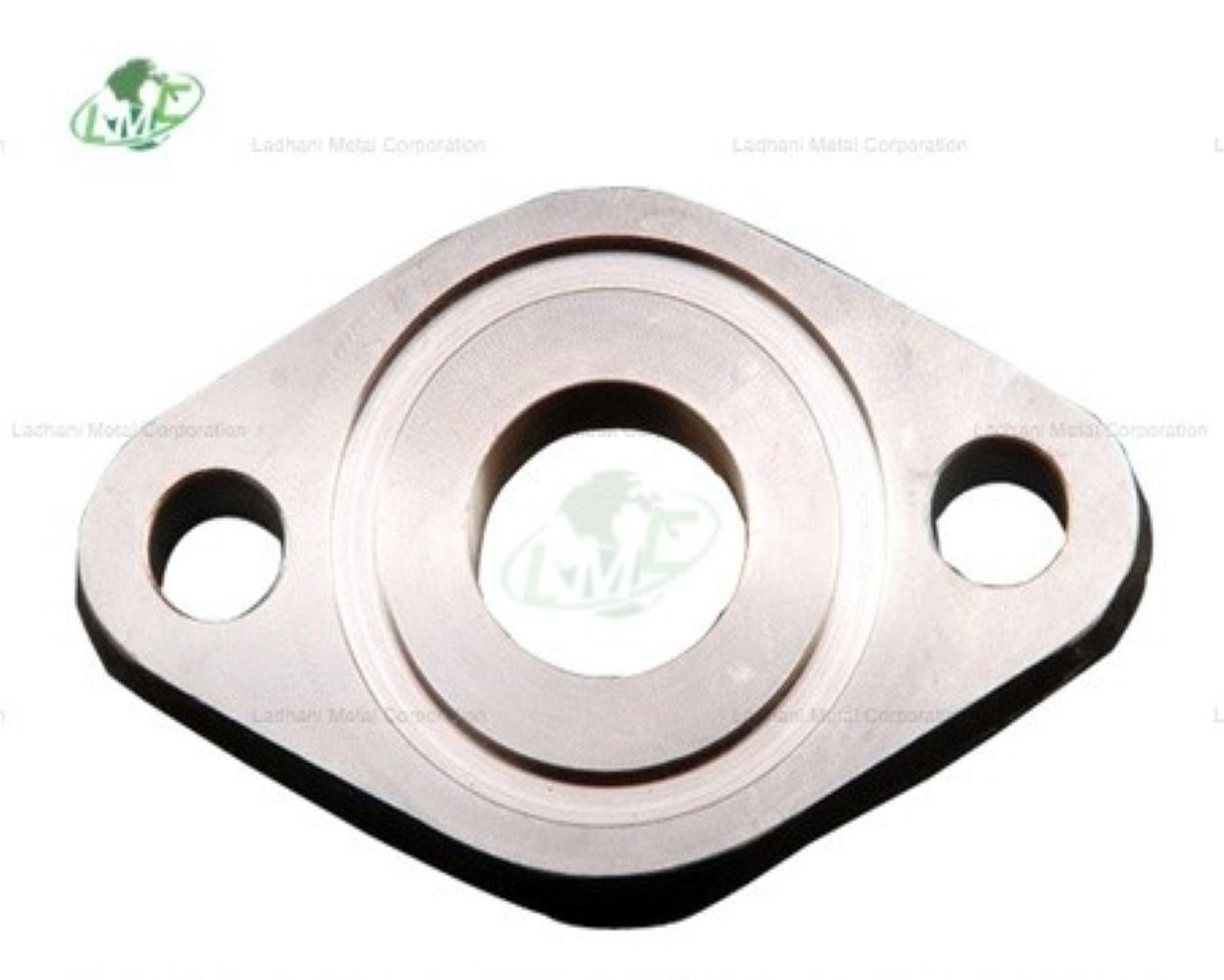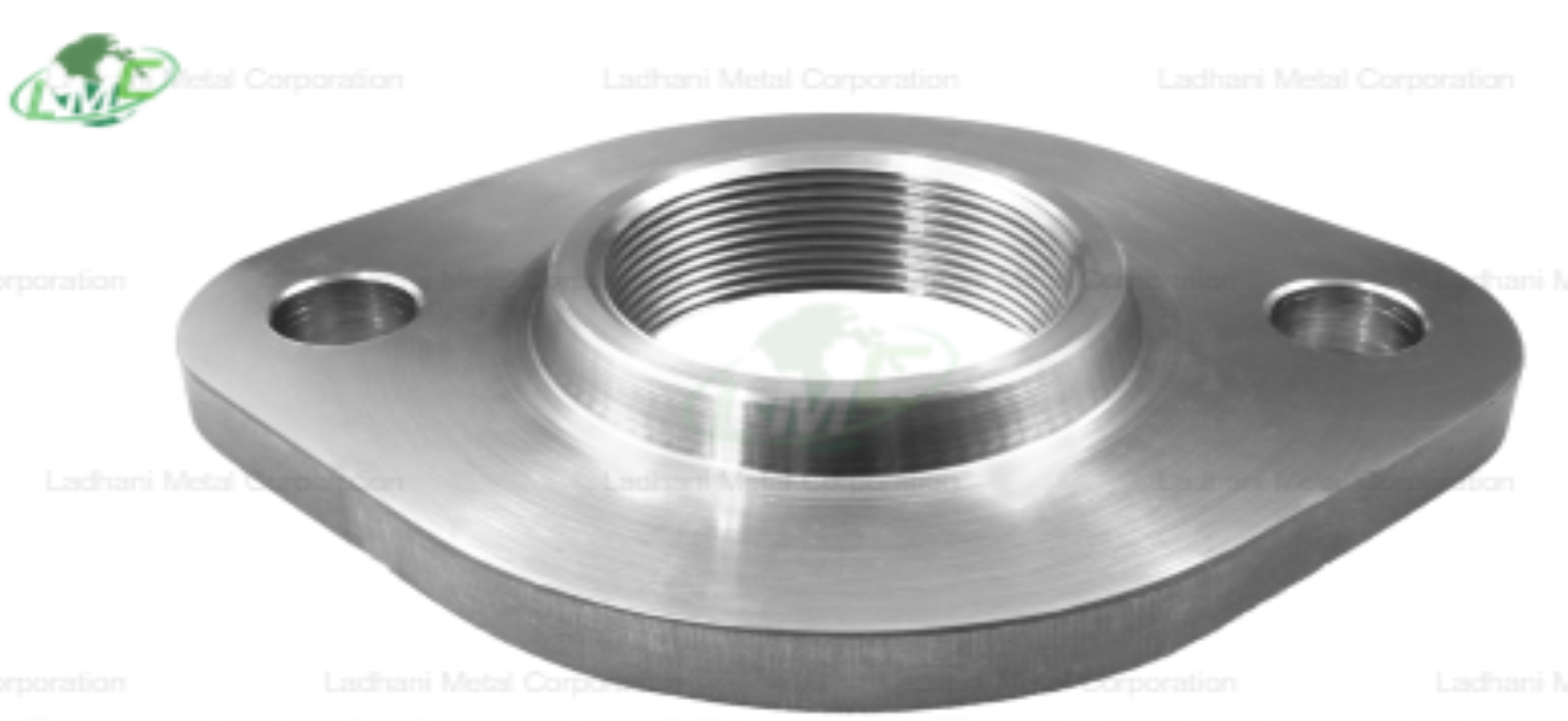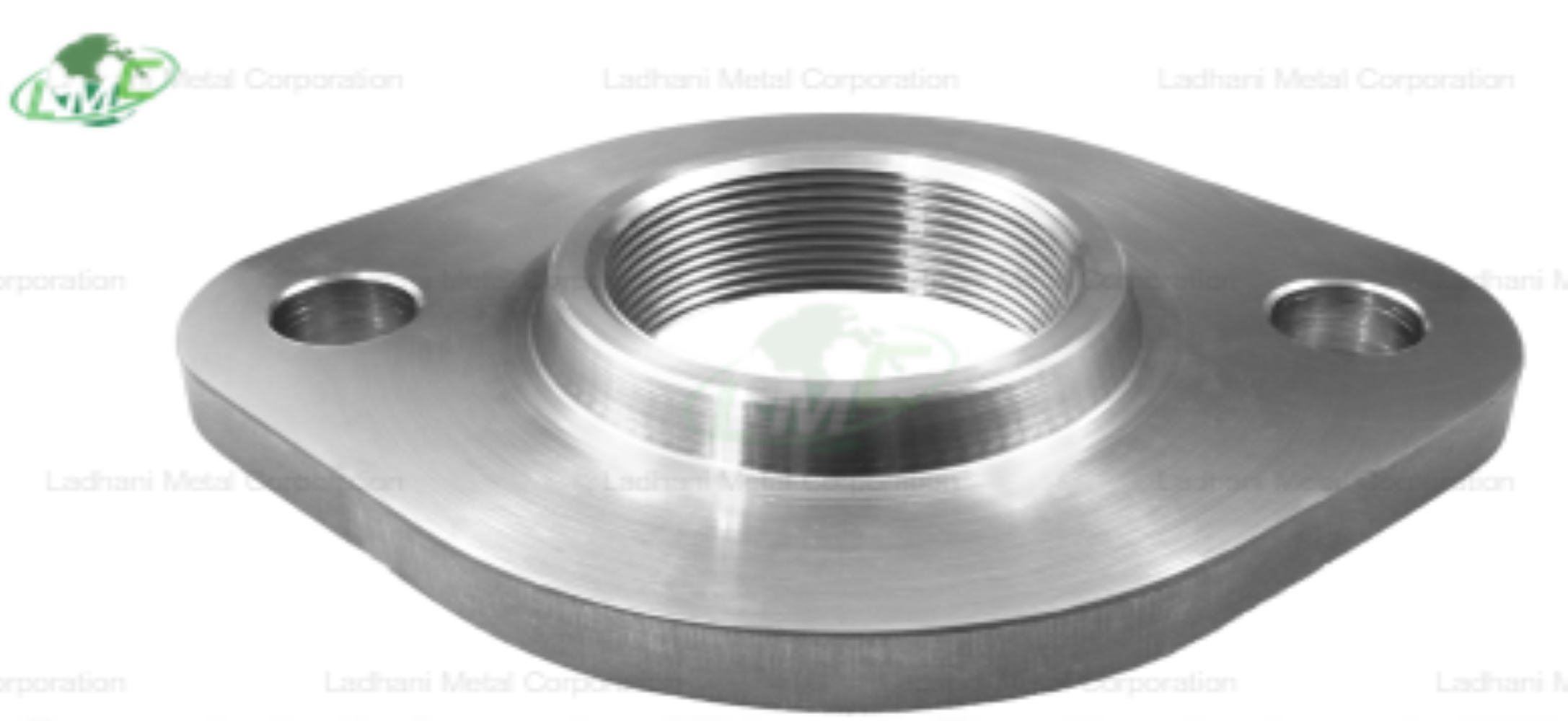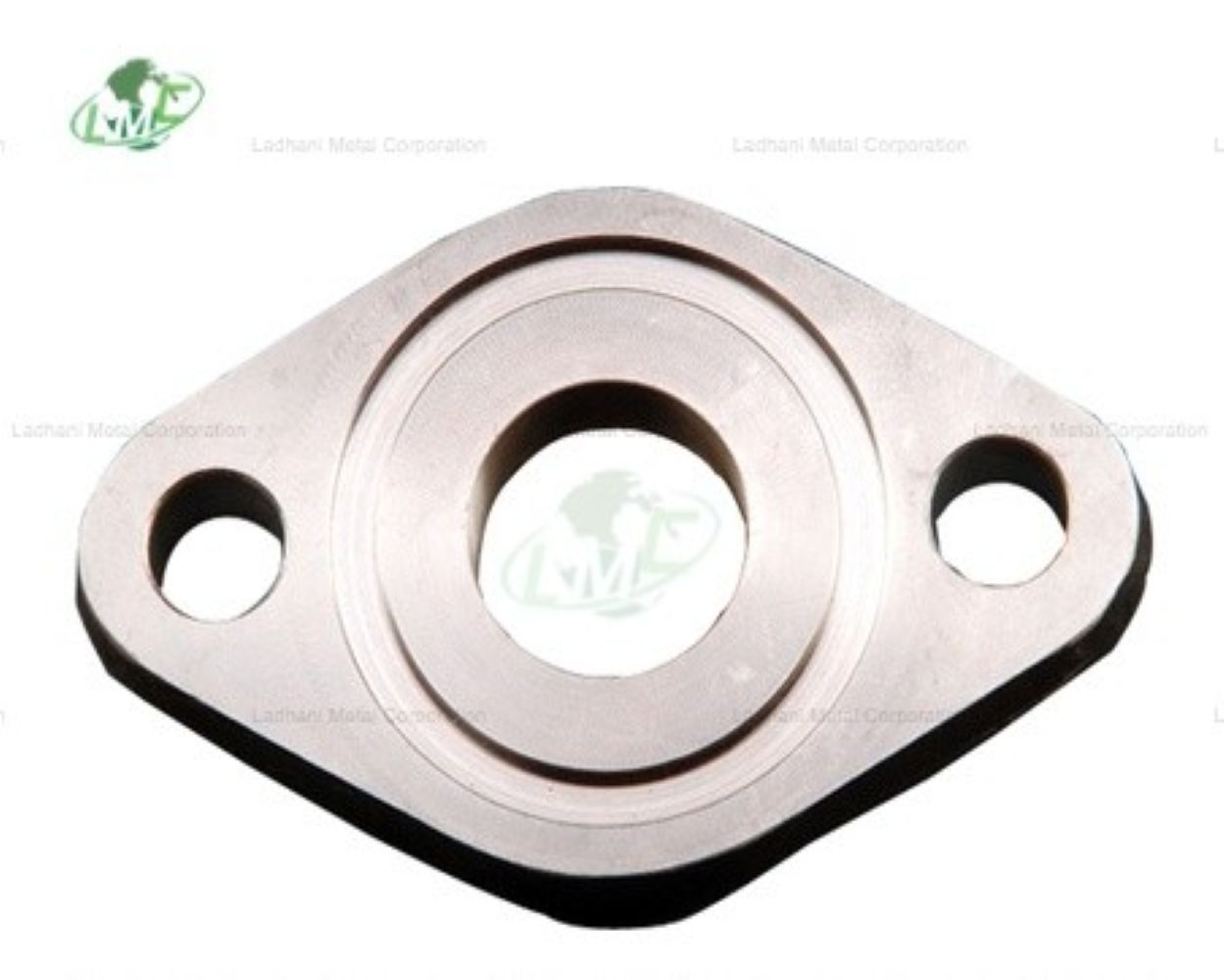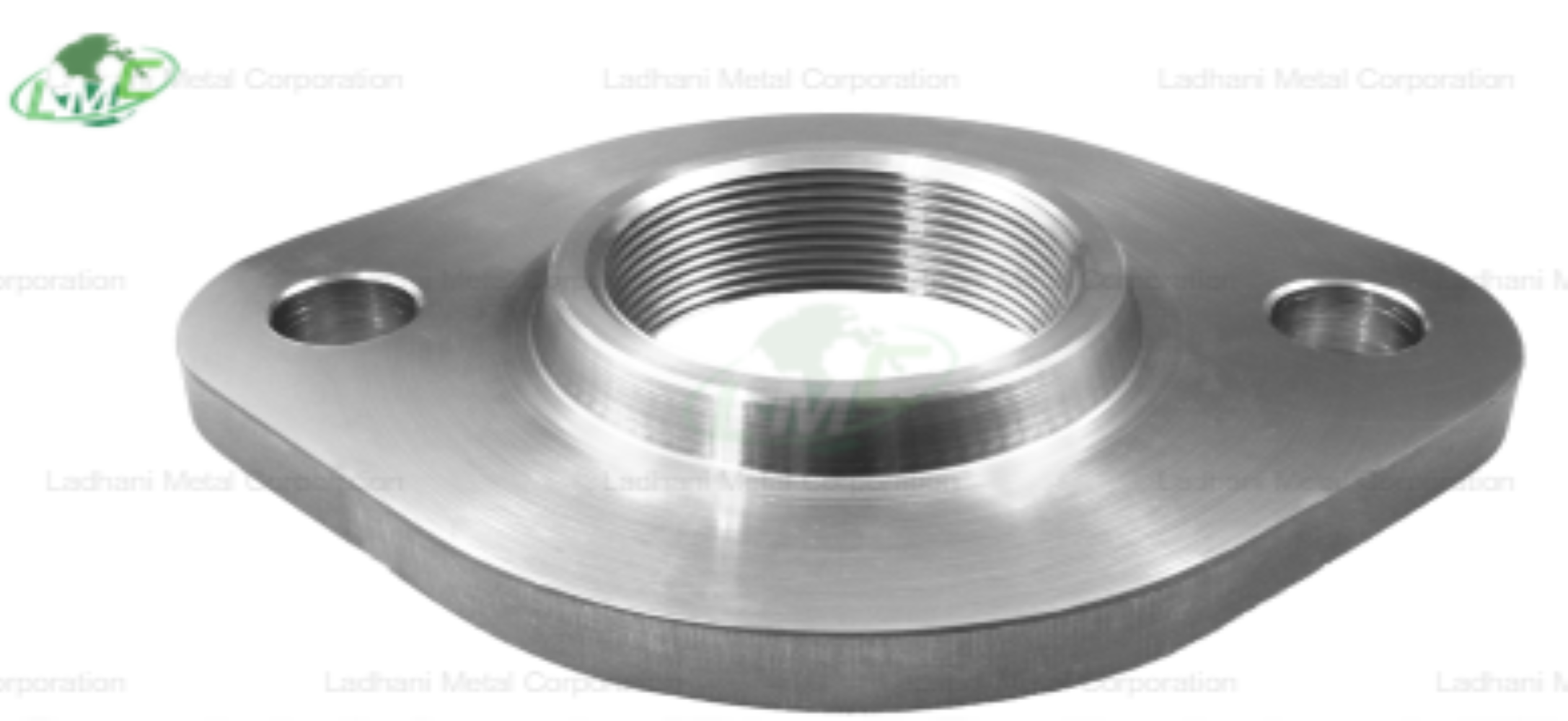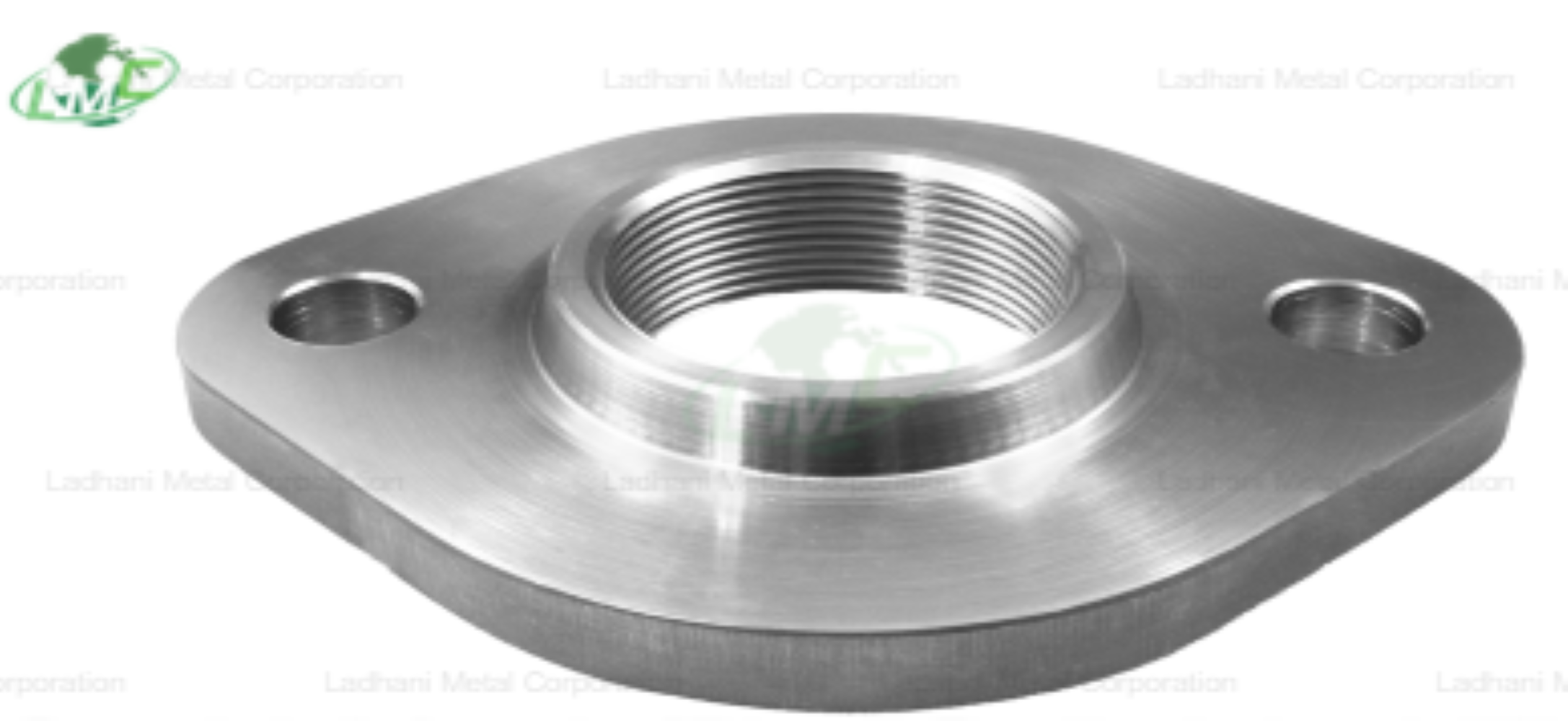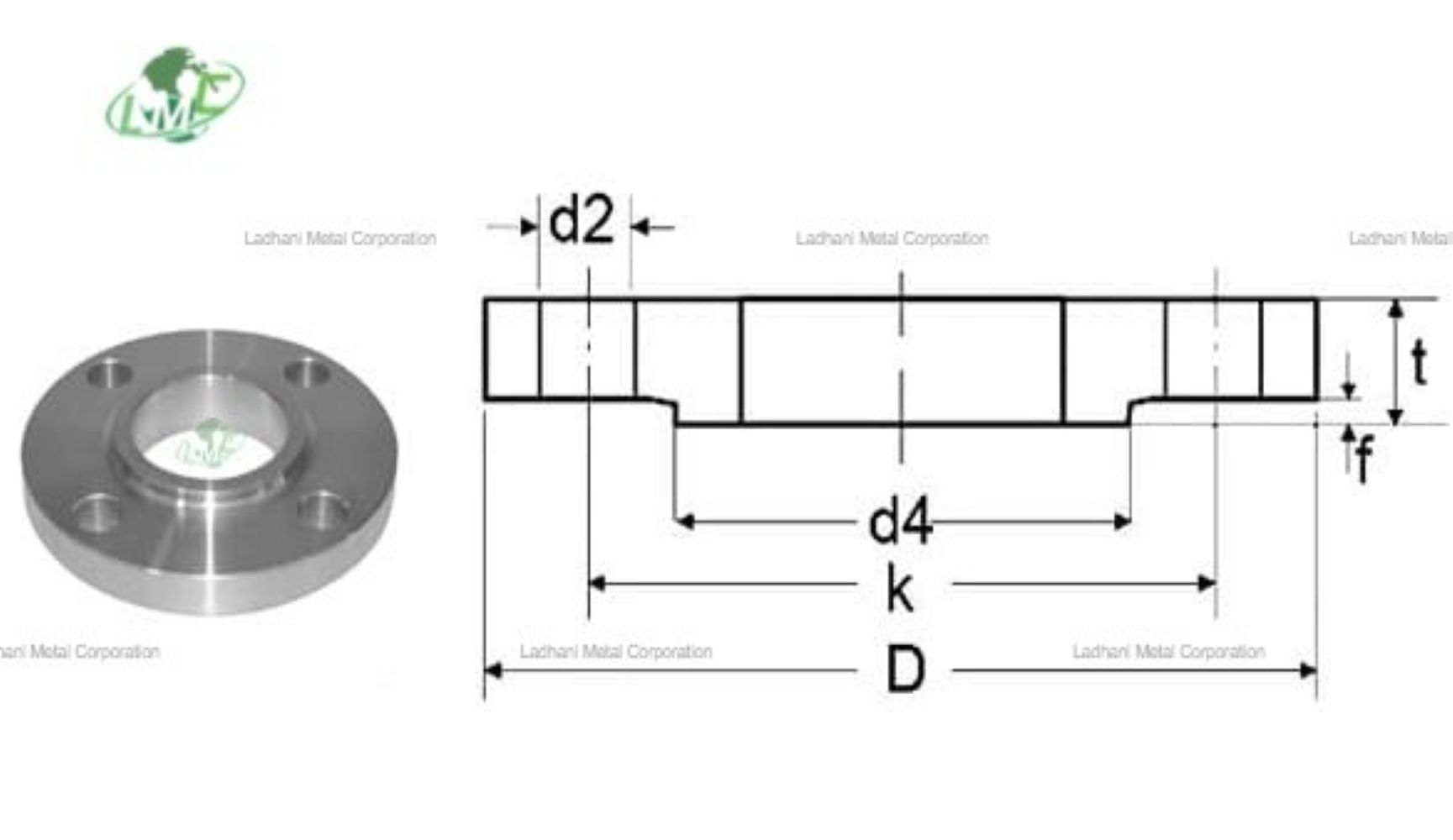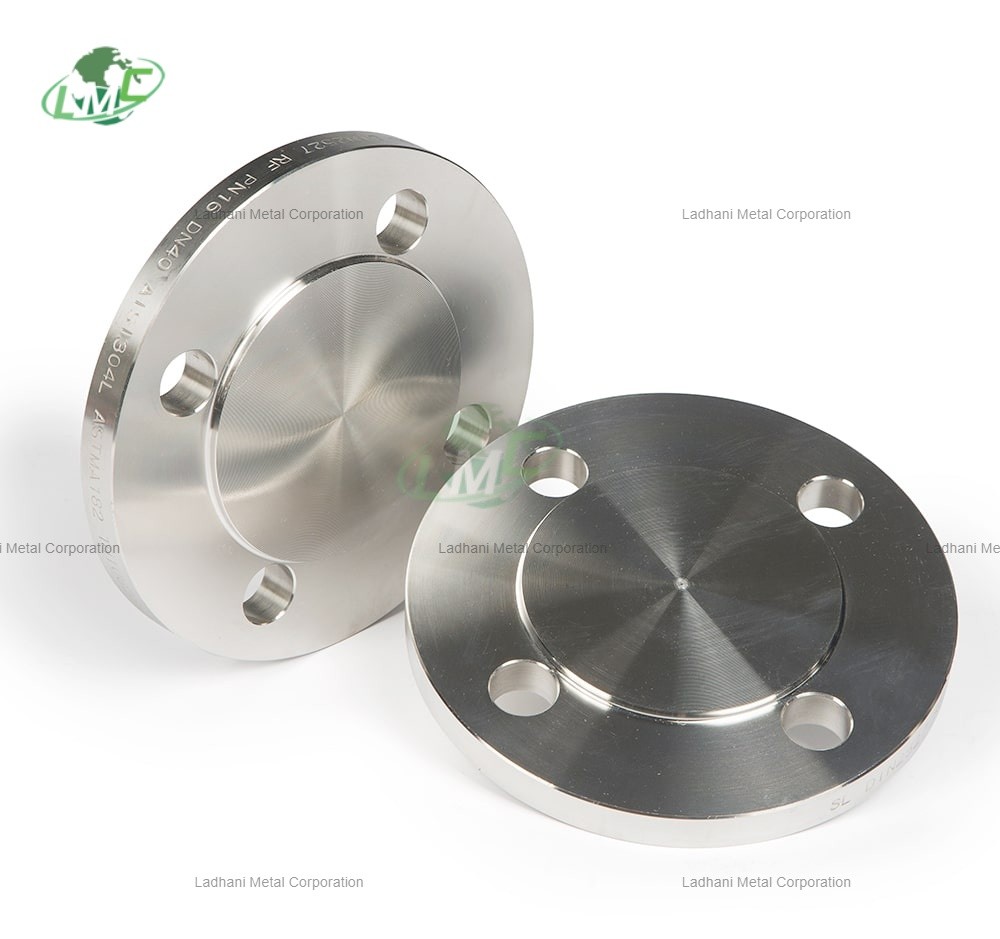Ladhani Metal Corporation is a reliable manufacturer and supplier of DIN 2561 carbon steel flanges, built to deliver strength, durability, and cost-effectiveness in low-pressure piping systems. Produced in compliance with the DIN 2561 standard, these flanges are offered in pressure ratings such as PN6, PN10, PN16, PN25, and PN40, tailored to meet varied industrial requirements. Carbon steel flanges are widely used in applications where high mechanical strength is needed and corrosion resistance is less critical. They are commonly found in oil and gas, petrochemical, power plants, and general engineering industries. Flange Types: Weld neck flanges: Ideal for high-pressure, high-temperature environments requiring a strong connection. Raised face (RF): Designed for better gasket sealing to prevent leakage under pressure. Flat face (FF): Suitable for systems using brittle or non-metallic gasket materials. Common Grades, Chemical Composition, and Applications: ASTM A105 (Forged Carbon Steel) Chemical Composition: Carbon (C): 0.35% max Manganese (Mn): 0.60–1.05% Phosphorus (P): 0.035% max Sulfur (S): 0.040% max Silicon (Si): 0.10–0.35% Applications: Widely used in pressure systems at ambient and high temperatures, such as valves, fittings, and flanges in oil & gas pipelines and refineries. ASTM A350 LF2 (Low-Temperature Carbon Steel) Chemical Composition: Carbon (C): ≤ 0.30% Manganese (Mn): 0.60–1.35% Phosphorus (P): ≤ 0.035% Sulfur (S): ≤ 0.040% Silicon (Si): 0.15–0.30% Applications: Used in low-temperature service applications such as cryogenic piping, pressure vessels, and heat exchangers. Key Features: Manufactured according to DIN 2561 specifications. High mechanical strength and load-bearing capacity. Cost-effective solution for general-purpose industrial piping. Available in various face types, sizes, and drilling patterns. Applications: Oil & Gas Pipelines: Ideal for upstream, midstream, and downstream operations where high strength is essential. Petrochemical Industry: Used in process lines, utility systems, and structural pipework exposed to high temperatures and pressure. Power Plants: Suitable for use in high-temperature steam and water pipelines in thermal and nuclear power plants. Water Treatment & Distribution: Commonly used in municipal water supply and wastewater systems due to their strength and cost-efficiency. Construction & Engineering: Employed in structural supports, machinery, and piping frameworks where mechanical integrity is crucial. Conclusion: DIN 2561 carbon steel flanges from Ladhani Metal Corporation offer a strong, economical solution for a wide range of industrial piping systems. With availability in trusted grades like ASTM A105 and A350 LF2, these flanges meet international standards for strength and reliability. Backed by precise manufacturing and rigorous quality checks, our carbon steel flanges ensure dependable performance across industries. For technical details, pricing, or bulk inquiries, contact Ladhani Metal Corporation.
Send Message
